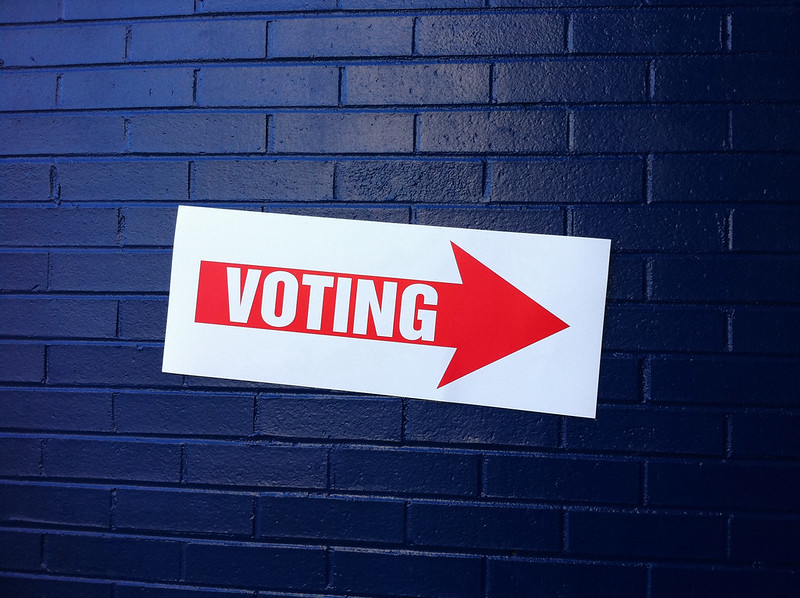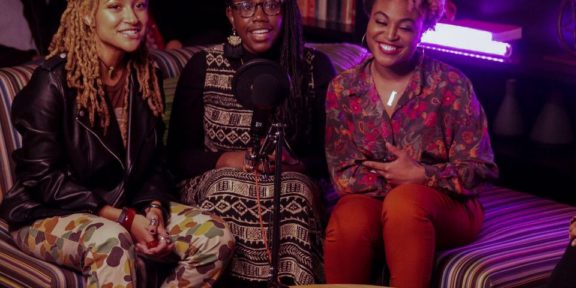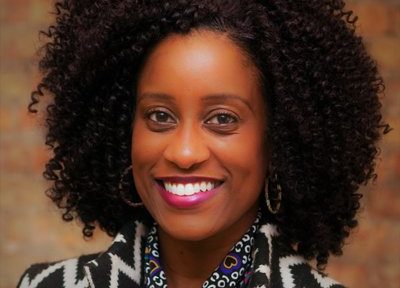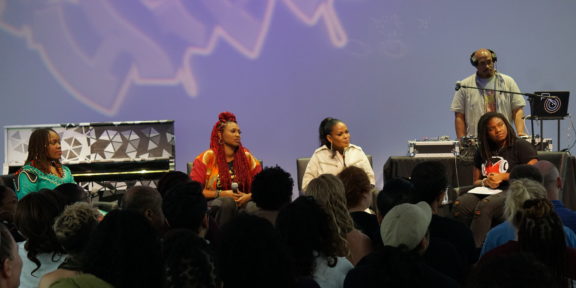By Chanel Cain, Howard University News Service
Every election season there is an emphasis on how each political party’s campaigns will appeal to the black population to gain the coveted ‘Black vote’. The Black voter is often constructed as a monolith that makes it easy to either praise for adding to the winning side’s margin, or to blame when low turnout seemingly causes a favored candidate to lose. But the Black community, and by extension its voting habits, are just as nuanced as the white votes that pour in, and deserve equal dissection. So, how did Black voters show up and cast their ballots in the 2016 election?
There were 16.3 million Black Americans who cast their ballots in the 2016 election, according to a voting analysis done by the U.S. Census. This was a 59 percent turnout rate of Black Americans who were registered to vote, down from 67.1 percent in the previous 2012 election. Of the 19.1 million Black registered voters, 85.6 percent voted in 2016, compared to the 88.6 percent of the 114.5 million white registered voters who voted. Some outlets attributed part of Hilary Clinton’s loss to Donald Trump to this decline in black voter turnout, despite the fact that Clinton did indeed win the popular vote. Of the 2,947 Black voters in 2016 who responded to a CNN election exit poll, 89 percent voted for Clinton, 8% voted for Donald Trump, and 3 percent for a different candidate or chose not to answer. Yet Black voters – who made up only 11.9% of the voting population in 2016 — still were perceived as carrying burden of needing to pull through for Clinton.
Despite its smaller size, the Black voting population still follows generational trends seen in other demographics. Data from a voting analysis done by the U.S. Census shows that Generation X and Baby Boomers (age 45-65) cast the most votes in 2016 – 6.1 million. The second smallest group of Black voters was 3.2 million Millennials. This age distribution is fairly typical across racial lines.
Where the Black vote diverges, however, is in the gender breakdown. In 2016, 7 million Black men voted compared to 10.1 million Black women did. This trend of Black women outvoting Black men spans decades. This could potentially be in part to the rampant disenfranchisement of Black men through mass . This, plus the Black community often facing issues such as gerrymandering and voter suppression, make it extremely hard to get their votes out and represented.
Education levels also impact the Black vote. Black voters who attended college or earned an Associate’s Degree made up 34.6% of the vote, while the next largest demographic at 30 percent were those who received a high school diploma. Once again economic resources and disparities could play a role in these numbers, but that is not to say that black voters do not show up to the polls.
There is power in the Black vote. This country has seen what happens when Black voters show up. But the Black voters are not all cut from the same cloth. There is no one way to sway every single Black person to one side or the other. They are a diverse group with varying needs and issues that stand in the way of being heard. And if 2016 has taught us anything, Black voices need to be heard. In the U.S. Census survey asking 2.5 million Black voters why they did not vote in the last presidential election, 18.8 percent reported that they didn’t like either candidate, while 18.2 percent reported general disinterest with the campaign.
So as the 2020 election draws near, the Black vote is already being heavily discussed as a major factor. Will the dislike of candidates or disinterest in their campaigns keep large numbers of Black voters away this year like in 2016, or will larger numbers of Black Americans feel compelled to take part in the process? It’s possible that those most likely to cast a vote are those who feel that their concerns are being considered and their voices are being heard. Whatever the outcome, there is no question that the Black vote matters across the ballot, and the nation will be watching to see its impact in action once more.
Made with Visme Infographic Maker









